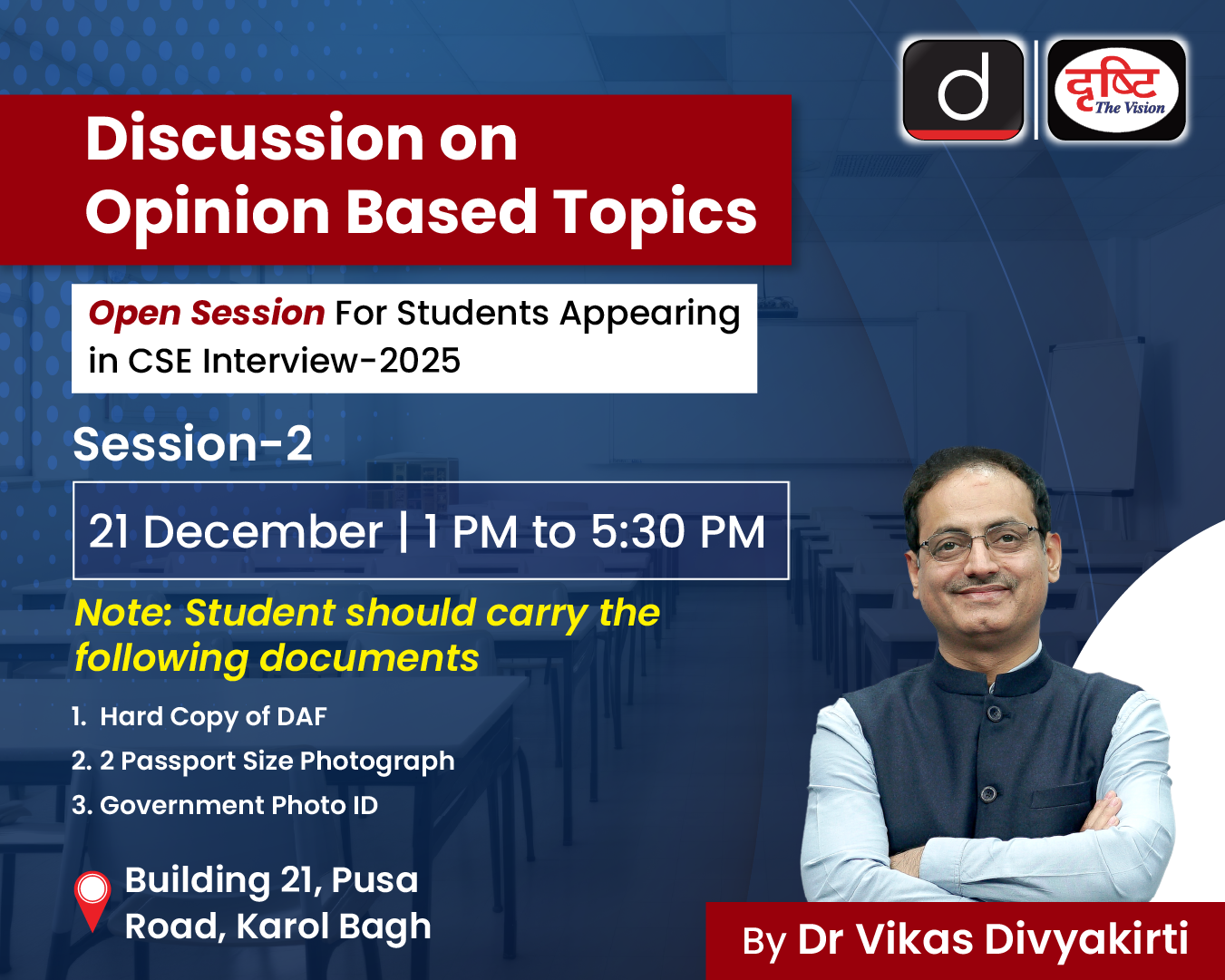-
01 Aug 2022
GS Paper 4
Theoretical Questions
Day 22: Politics and Ethics go hand in hand. Illustrate. (150 words)
- Give a brief introduction about political ethics.
- Explain the need of ethics in politics in present times.
- Mention the reason why compatibility of politics and ethics is not an easy task.
Answer:
Political ethics, often termed political morality or public ethics, is the process of making moral judgements about political conduct and the study of that practice. Ethics is typically defined as a system of moral precepts that guide behaviour and establish what is good and wrong. Similar to personal ethics, political ethics refers to the use of moral judgments to direct behaviour and decision-making processes for the benefit of society.
Politics and ethics are incompatible with one another
Politics, ethics, and personal morality are frequently stated to be in conflict. There are several schools of thought about political ethics. Some think that in order to rule effectively, politicians should adhere to universal concepts such as justice and fairness. Political realists, on the other hand, such as Machiavelli, claimed that ethics had no place in politics and that the ethical standards that guide people's behavior should not constrain politicians.
Indeed, political leaders throughout history have frequently been forced to make immoral judgments in order to serve the interests of their nation or state. For realists, politics is an active pursuit of power, and nation-states are always at conflict with one another to maximise their security in the anarchic international order. So, if politicians and statesmen are to be effective in this anarchic society, they cannot be constrained by some abstract ethical norms. Political realists, such as Machiavelli, reject ethical norms because they restrain governments in their quest of power.
Politics and ethics are interconnected
Mahatma Gandhi attempted to bridge the gap between politics and ethics. The ultimate objective of politics, according to the Mahatma, is to serve the people, not politics itself. Politics cannot exist without morals and ethics. The meaning of morality and ethics is to be empathetic and comprehend the sentiments of others. Similarly, Aristotle felt that ethics and politics are closely intertwined. Politics examines the good of the state, which he regarded to be the ideal sort of society. Ethics examines the good of the individual, whereas ethics examines the good of the person. Along similar lines, numerous nations, including the US., the US, Canada, and Germany, have codes of conduct for politicians. In India, there is also a code of conduct for of the Rajya Sabha and Lok Sabha members.
Any discussion of an ethical framework for governance in a democracy must begin with ethical norms in politics. Politicians and individuals involved in politics play an important role in the legislative and executive branches of the state, and their actions of commission and omission in carrying out the Constitution and the rule of law constitute a point of intervention for the judiciary.
The political norms that are established have a significant impact on many dimensions of government and general public behaviors.
Without ethics, politics is disastrous
Politics today is less about idealism and constructive criticism and more about competitiveness than doing what is best for the public. They claim that the absence of ethics in politics is evident when considering recent events at the national and international levels. The nation and the general people are affected by these events' consequences. Politicians should behave in the interests of the public and refrain from having opinions that are insensitive to any community.
It is said that "we" should be used instead of "them and us," and ethical behavior is crucial to uphold in a country like India where democracy is weaved from the threads of various castes, groups, races, faiths, and languages. Mahatma Gandhi was right when he argued that politics without principles and ethics would be disastrous.





